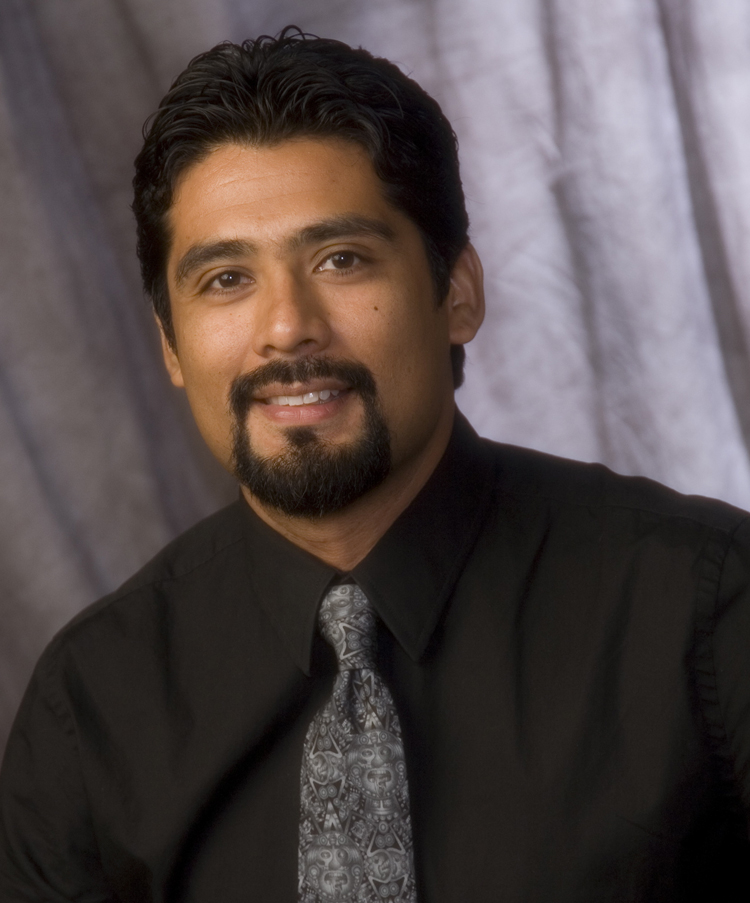
Victor Rios, associate professor of sociology at UC Santa Barbara, has received a $300,000 grant from the William T. Grant Foundation for a study examining how the interactions between gang-associated youth and their parents, school professionals, police, and probation officers affect their identity and criminal behavior.
Rios's grant is one of six awards totaling more than $2.5 million to support researchers and organizations working to understand and improve the environments in which at-risk youth spend time.
"It is an honor to receive this award," said Rios. "The William T. Grant Foundation is a prestigious institution known for its work in youth development." The funding will allow Rios to expand his current research into a longitudinal study that examines the quality of interactions between at-risk adolescents and the authority figures in their lives. This data will help scholars and others understand the resilience and persistence among young people.
"I am so pleased to congratulate Professor Rios on this wonderful grant for his study of at-risk youth," said Chancellor Henry T. Yang. "UC Santa Barbara takes great pride in the pioneering research and teaching of our faculty, who are working not only to advance the frontiers of knowledge but also to serve our state and nation and help our society. We appreciate the visionary support of the William T. Grant Foundation for research that is making a difference."
Said Melvin Oliver, the Sage Sara Miller McCune Dean of Social Sciences at UCSB: "This award is confirmation of the continued importance of Professor Rios's work. The William T. Grant Foundation only supports research of the highest quality that combines rigor with strong social policy implications. Professor Rios is emblematic of work in the Division of Social Sciences that addresses public issues through the application of social science."
Oliver, who is a member of the Board of Trustees of the William T. Grant Foundation, did not participate in the vote on Rios's award.
"Professor Rios's ambitious research on the factors that contribute to the social marginalization and hypercriminalization of Latino and Black men has garnered significant national attention," said Verta Taylor, professor and chair of sociology. "This new project will provide insight into the important role that parents and other authority figures play in helping young people at risk for gang involvement unshackle themselves from the criminal justice system. Rios has a keen commitment to public sociology and is emerging as a leading expert on gang process and gang reduction."
Rios, who came to UCSB in 2006, completed his Ph.D. in sociology at UC Berkeley. He is the author of the book "Punished: Policing the Lives of Black and Latino Boys" (New York University Press, 2011), which explores ways in which juvenile crime policies and criminalization affect the everyday lives of urban youth.
In 2010, Rios received the New Scholar Award from the American Society of Criminology's Division of People of Color and Crime. The award recognizes scholars who, in the early stages of their careers, have made significant contributions to the literature on people of color and crime. He is also the recipient of UCSB's 2011-12 Harold J. Plous Award, one of the university's most prestigious faculty honors.
Rios's research spans several fields of sociology, including race and ethnicity, Latina/o Studies, Black Studies, deviance and social control, and urban studies. His study of criminalization and racialization of inner-city youth during the 1990's shows how "get- tough" legislation targets Black and Latino youth, and generates public support by playing on mainstream anxieties about race and crime. More importantly, Rios shows how criminalization and punishment have become primary socializing institutions and sources of identity formation among delinquent boys.
His professional expertise has also been of great value to the local community, where Rios has served as an adviser to the Santa Barbara School District on gang violence and reduction strategies. He also established a mentoring program that matches UCSB students with at-risk youth.
Related Links



